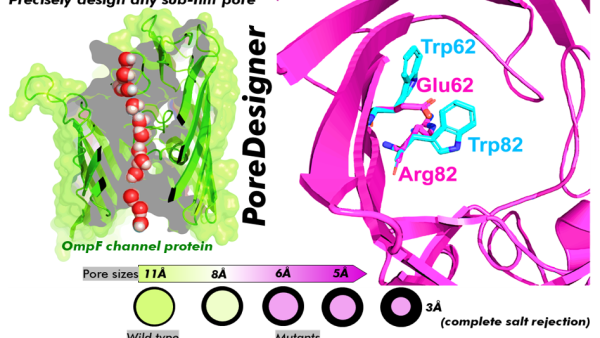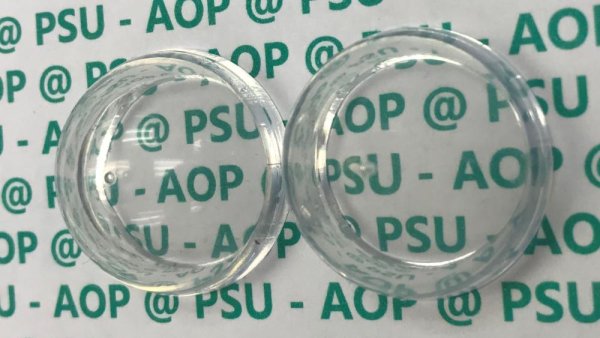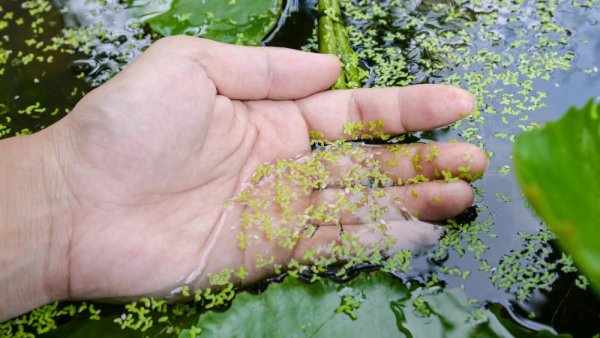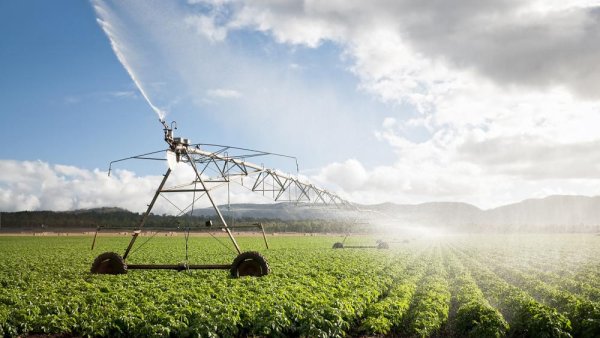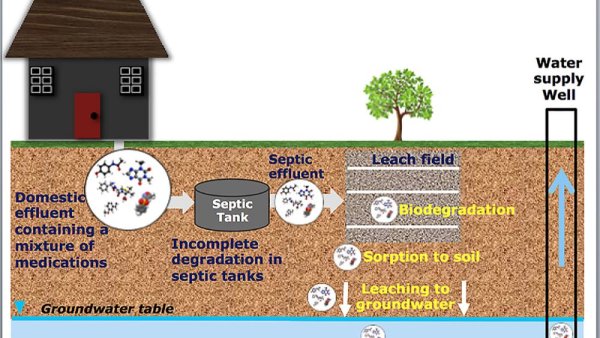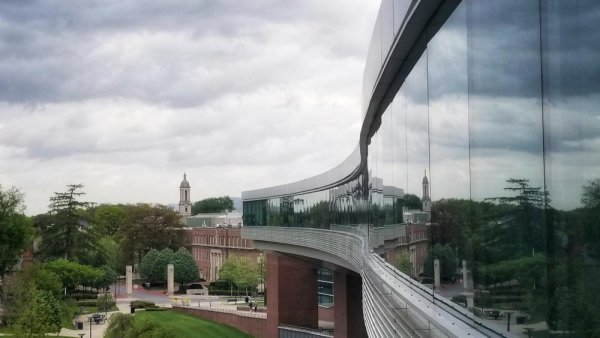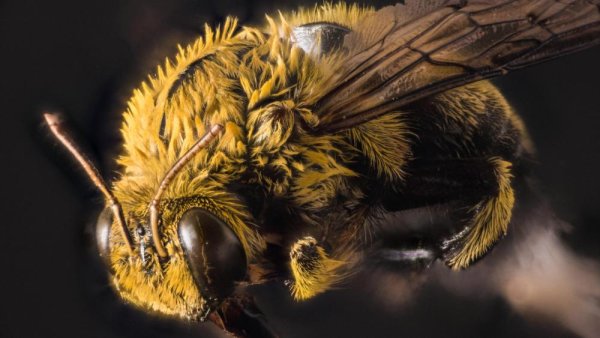NSF supports new technology that increases employee mobility and blood flow
| psu.edu
The National Science Foundation has provided funding to a team of design professionals, including Penn State Stuckeman School faculty member Mihyun Kang, to develop a seating solution that improves the blood flow and mobility of workers who are required to sit for long periods of time.
Stuckeman School, College of Medicine to host Wearing the Future Workshop
| psu.edu
Faculty members from the Stuckeman School and the Penn State College of Medicine have come together to organize the Wearing the Future Workshop from 9:30 a.m.to 4 p.m. on Monday, March 25, at the Hilton Garden Inn Hershey, located at 550 E. Main St. in Hummelstown, Pennsylvania.
PoreDesigner improves protein channel design for water treatment, bioseparations
| psu.edu
PoreDesigner, a fully automated computational workflow process for altering the pore size of a bacterial channel protein, is the result of a collaboration between researchers from Penn State and the University of Illinois at Urbana-Champaign. This process enables assembly of the proteins into artificial membranes for precise sub-nanometer scale separation of solutes of marginal size difference, which can improve water purification and bioseparations.
Seminar to offer better understanding on AI technology and real-world uses
| psu.edu
C. Lee Giles will present a seminar on AI and machine learning and its current uses in real-world cases as part of Penn State's Institute for CyberScience seminar series.
Manure injection offers hope, challenge for restoring Chesapeake water quality
| news.psu.edu
Widespread adoption by dairy farmers of injecting manure into the soil instead of spreading it on the surface could be crucial to restoring Chesapeake Bay water quality, according to researchers who compared phosphorus runoff from fields treated by both methods. However, they predict it will be difficult to persuade farmers to change practices.
Antireflection coating makes plastic invisible
| psu.edu
Antireflection (AR) coatings on plastics have a multitude of practical applications, including glare reduction on eyeglasses, computer monitors and the display on your smart-phone when outdoors. Now, researchers at Penn State have developed an AR coating that improves on existing coatings to the extent that it can make transparent plastics, such as Plexiglas, virtually invisible.
Energizing the food-energy-water nexus: the fortuitous tale of duckweed
| psu.edu
Rachel Brennan knows how precious of a commodity water is. During her time as the director of Penn State's Eco-Machine, her work has involved a helpful little plant that is impacting the food-energy-water nexus.
Larger cities have smaller water footprint than less populated counterparts
| psu.edu
Global sustainability is important now more than ever due to increasing urban populations and the resulting stress it can have on natural resources. But increased populations in cities may lead to greater efficiency, as a team of Penn State researchers discovered when they analyzed the water footprint of 65 mid- to large-sized U.S. cities.
NSF funds $3 million graduate training program focused on Food-Energy-Water
| psu.edu
The National Science Foundation has awarded a $3 million grant to an interdisciplinary team of Penn State researchers to create a new graduate program that will train students to find solutions to real-world problems facing Food-Energy-Water (FEW) systems.
Small amounts of pharmaceuticals found in north central Pa. rural well water
| psu.edu
Drinking water from wells in rural north central Pennsylvania had low levels of pharmaceuticals, according to a study led by Penn State researchers.
Three new co-funds join Institutes of Energy and the Environment
| psu.edu
Three faculty members recently joined the Institutes of Energy and the Environment (IEE) in three different areas of expertise. Two are in the Donald P. Bellisario College of Communications, and the other is in the College of Earth and Mineral Sciences. This is the first time that IEE has had co-funded faculty in the Bellisario College.
Scientists find evidence of 27 new viruses in bees
| psu.edu
An international team of researchers has discovered evidence of 27 previously unknown viruses in bees. The finding could help scientists design strategies to prevent the spread of viral pathogens among these important pollinators.



